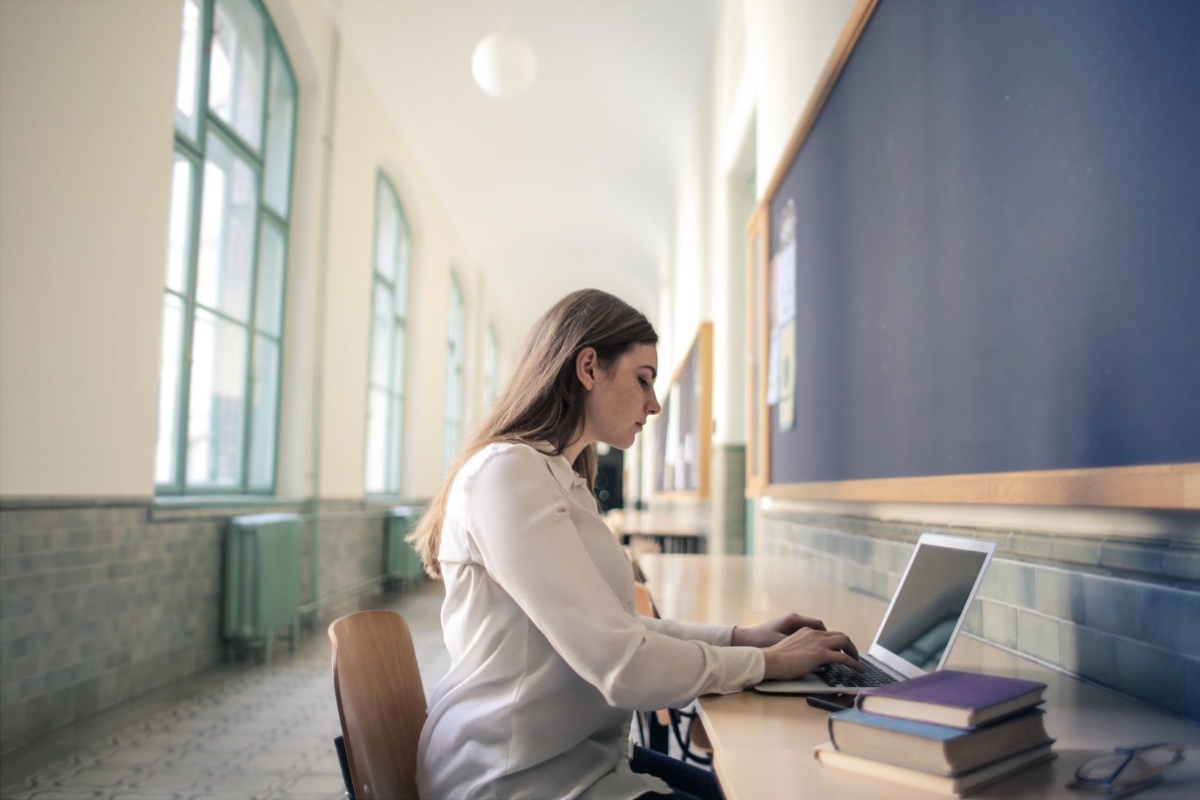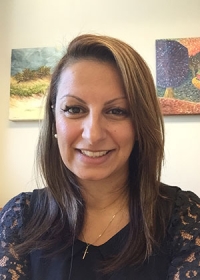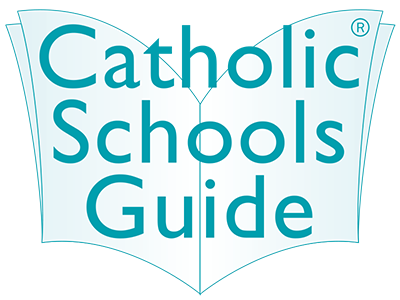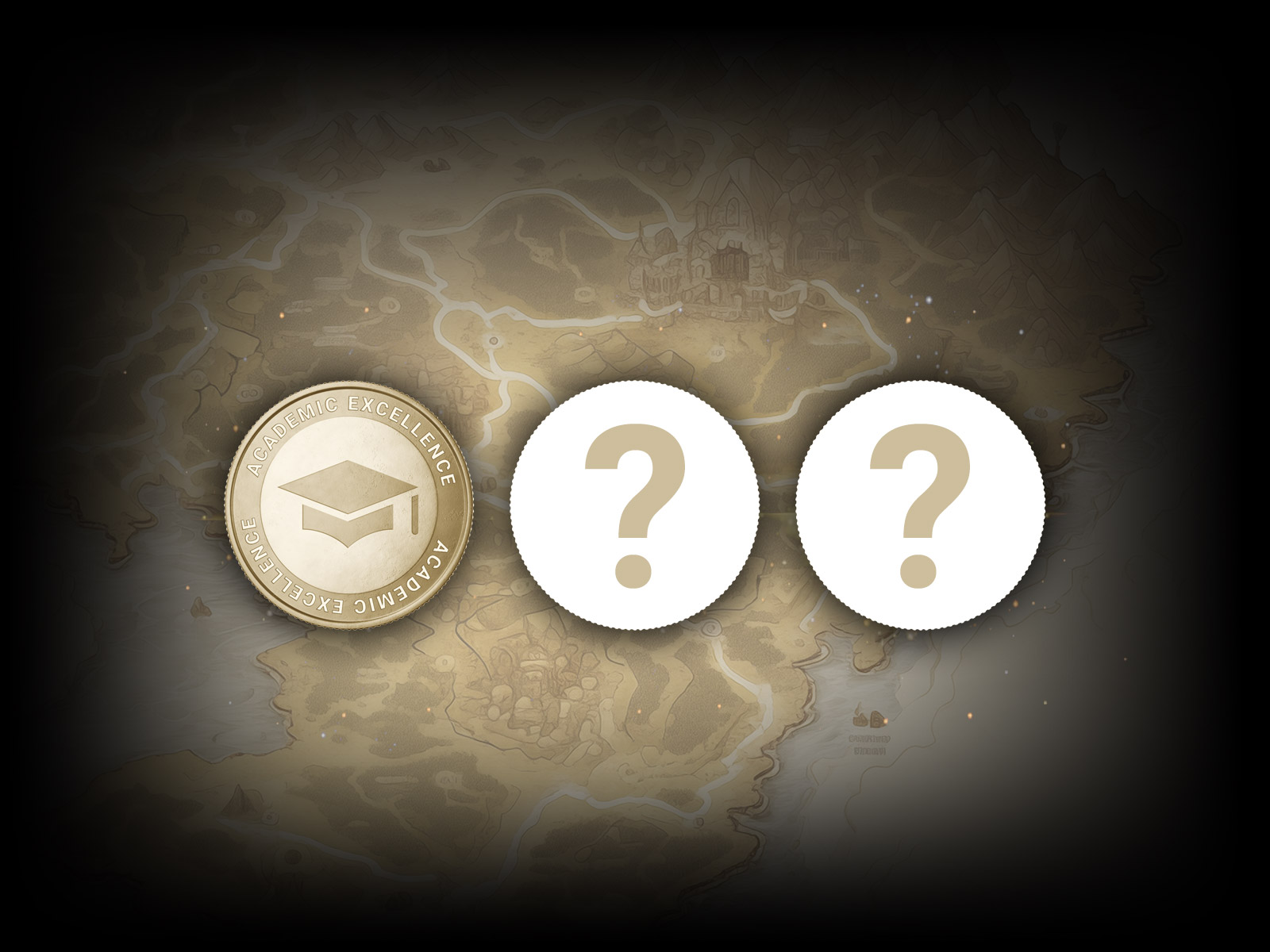News and Media

Preparing Digital Natives to Teach in a World of Technological Innovation, Uncertainty and Complexity by Miriam Tanti
The term ‘digital natives’ is often used to describe the younger generation that has grown up with modern technology. This term – along with several other popular phrases, such as ‘the Net generation’ and ‘Generation M (media)/(multitasker)’ – has been widely used to differentiate the younger generation from parents and teachers. Growing up with digital technology – the internet, social media, game consoles and iDevices – and having been an integral part of the Labor government’s Digital Education Revolution laptop rollout, digital natives are considered to be much more comfortable with digital technology than previous generations.
It is important that teaching staff recognise that digital natives use technology differently, learn differently from their parents and teachers, and therefore, acknowledge that our teaching practices must also be different.
With a future that is not yet imaginable, how does ACU prepare digital natives to teach and prepare their future students for a twenty-first century world of technological innovation, uncertainty and complexity?
At ACU, we place the whole student at the centre of all educational practice, ensuring that “our graduates will be skilled in their chosen fields, ethical in their behaviour, with a developed critical habit of mind, an appreciation of the sacred in life and a commitment to serving the common good.”
With some of the negative issues that accompany technology use, such as online bullying, identity theft, etc., it may be difficult to imagine an educational environment that uses technology to ensure that the mission is met. However, staff and students within the Faculty of Education and Arts, for example, strive to exemplify this mission in all aspects of their daily lives, and this includes technology use.
Providing education focused on the whole person, beyond just discipline-specific knowledge and skills, fosters the change of mind required in students to ensure they develop a critical mindset that encompasses morals, care and responsibility, and upon which change towards adaptability and uncertainty depends. While digital literacy is no doubt important, preparing graduates for the future is predominantly about cultivating a critical, open and ethical mindset that can be applied to all future challenges and opportunities, whether technology-derived or not.
Use Technology to Cultivate a Critical Mindset
One of the key roles of our Faculty is to prepare future teachers with the skills, knowledge and understanding to effectively integrate digital technologies into teaching to support learning and enhance student outcomes. Therefore, there is a critical need for teacher educators to model innovative teaching practices and effectively integrate technology into all courses.
Teaching staff are encouraged and supported through organised professional development, teaching showcase events, and one-to-one mentoring to enable them to use technology to create flexible learning to suit students, establish strong communities and enhance student learning.
Create Flexible Learning
One of our approaches is to employ blended learning, which involves providing online support for all taught subjects using a variety of web 2.0 tools. This use of technology has meant that current teaching modes give students greater flexibility, and move teaching and learning beyond the campus and classroom walls. The use of online support, discussion forums, reflective blogs and ePortfolios provide learning opportunities that are increasingly open, transparent and collaborative. In addition, there are a number of subjects that are offered online which means that our students can learn anywhere, at any time.
Establish Strong Communities
ACU has developed strong relationships with schools, industry partners, and key educational stakeholders which ensure that everything our graduates learn is current and relevant to the teaching profession. While students at the university undertake several in-school placements, fostering relationships with schools in Australia (and beyond), the relationship-building process begins well before they step foot in the classroom. ACU students use social media in a constructive way to establish and develop strong virtual connections with other teachers, schools, peers, teaching staff, alumni, subject-relevant associations and educational leaders. These connections help establish a strong sense of community, both on campus and within the education profession. This virtual community also provides students with important personalised learning networks, where they can safely find advice, give advice, find great links, share their work and engage in general discussions about education.
Enhance Student Learning
Staff at the university utilise a range of technological resources to enable them to teach in new and different ways. Technology helps create teaching and learning experiences that are innovative, exciting, challenging, rewarding and meet the individual needs of each student. Some examples of innovative practices using technology include the integration of augmented reality experiences, technological ‘maker spaces’, blogging, vodcasts, podcasts, lego robotics and a range of iPad apps.
Through the integration of technology, we support our students’ development of critical thinking skills, their ability to question and evaluate, problem solve, look at the big picture and ask the big questions, look at theory and how it relates to practice, be open to different viewpoints and perspectives, and reflect on their own work and how to improve it.
There is little doubt that technology integration in the Faculty of Education and Arts at ACU provides our students with a special educational experience that builds their capacity to become dynamic educators, ethical in their behaviour, and with the critical habit of mind necessary to thrive in a complex world.
Please visit http://www.acu.edu.au/455259 for news of these and other exciting developments.
Miriam Tanti is a Lecturer in Educational Studies and Information and Communication Technology at ACU. Miriam’s academic experience over the past ten years has been focused on ICT-rich pedagogy in policy, school curriculum and higher education. She has experience as a program coordinator and unit convenor, encompassing curriculum and methodology units, and professional experience (practicum) units.

Miriam has been involved with developing the Australian Digital Technologies Curriculum as a consultant for ACARA, and has also been a member of the examination committee for BOSTES.
Miriam has just submitted her doctoral thesis. Her doctoral research is centred on ICT-rich education with a focus on developing a ‘Slow Framework’, that presents a vision for ICT-rich learning over the long-term.
She has presented international conference papers and published several journal articles related to this research.

